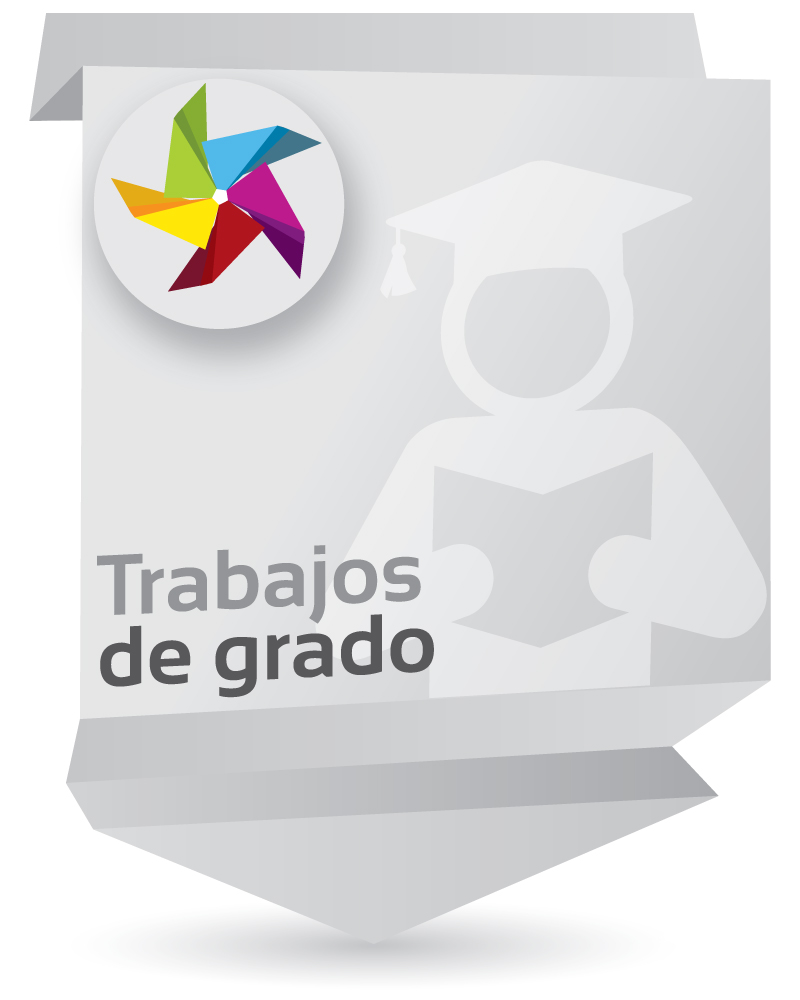Incorporating the cognitive apprenticeship model to enhance online collaborative learning with chat tool

Visualizar/
Enlaces del Item
URI: http://hdl.handle.net/10818/11726Compartir
Estadísticas
Ver as estatísticas de usoMétricas
Catalogación bibliográfica
Apresentar o registro completoAsesor/es
Rodríguez Bonces, Mónica AlisandraData
2014-09-03Resumo
Technology is dramatically changing the way students are educated. Currently, virtual worlds offer engaging and stimulating spaces where students can meet online for regular classes. Institutions willing to incorporate technology in educational settings face the challenge of integrating tools that improve learning environments no matter who or where the students are. Technology allows users to carry out tasks that could be difficult in the real world due to constraints, such as cost, scheduling or location. The activities students engage online include live sessions, rich media presentations, and web-based workshops, emailing and chatting. In Colombia, many institutions are working towards offering suitable environments for online instruction. For instance, to respond to its main goals of strengthening the human capital in the country, contributing to the development of professionals of different areas of knowledge and offering better access and more job opportunities, the National Training Service (SENA), a national institution that offers tertiary education, has incorporated the Blackboard Collaborate platform to offer online courses including those for foreign languages. Regrettably, a survey completed by twelve English as a Foreign language students showed that in terms of online language learning there is a gap between what students learn, and how they practice and receive feedback using the virtual tools in the platform. Students manifested in the diagnostic survey that they do not take full advantage of online tools. Teachers use the components of the platform to administer schedules, grades, and technical support while students develop some tasks via some online tools like forums, wikis and/or blogs. Students have asynchronous interaction with their peers by posting answers to tasks or asking questions via technical forums. The result is SENA English language studen












![pdf [PDF]](/themes/unisabana//images/mimes/pdf.png) Ver documento en PDF (1.544Mb)
Ver documento en PDF (1.544Mb)



